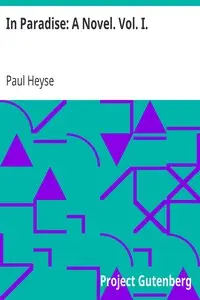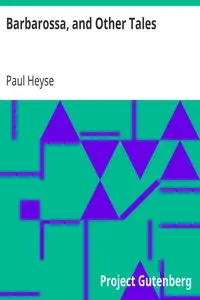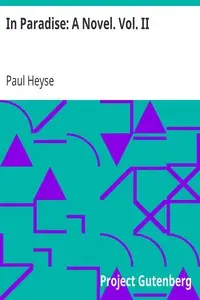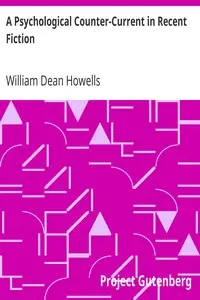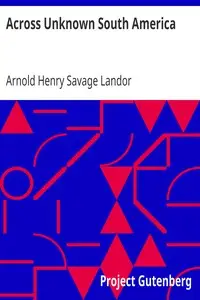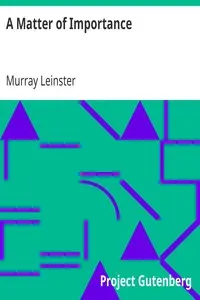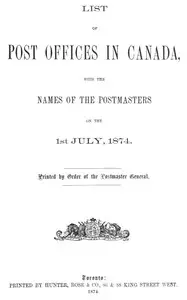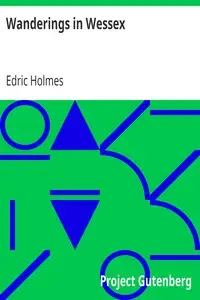"L'Arrabiata and Other Tales" by Paul Heyse is a collection of short stories written in the late 19th century. The work features various narratives, with the titular story "L'Arrabiata" centering around the character Laurella, a headstrong young woman from Sorrento, and her interactions with a priest and a boatman named Antonio. The stories capture themes of love, personal struggle, and social dynamics in a richly described Italian coastal setting. The opening of "L'Arrabiata" introduces us to a bustling morning along the marina beneath the cliffs of Sorrento, where fishermen and their families are at work. Laurella, described as fierce and set apart from her peers due to her unconventional behavior, catches the attention of the local priest and boatman. As she travels to Capri with the priest, she shares a poignant backstory—revealing her painful experiences with her father’s abusive treatment of her mother, which shapes her views on love and relationships. This establishes a tone of melancholy and resilience as Laurella grapples with her determination to remain independent and resistant to romantic entanglements, setting the stage for deeper explorations of her character and conflicts. (This is an automatically generated summary.)
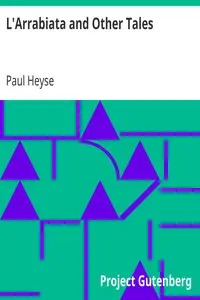
L'Arrabiata and Other Tales
By Paul Heyse
"L'Arrabiata and Other Tales" by Paul Heyse is a collection of short stories written in the late 19th century. The work features various narratives, w...
Paul Johann Ludwig von Heyse was a German writer and translator. A member of two important literary societies, the Tunnel über der Spree in Berlin and Die Krokodile in Munich, he wrote novels, poetry, 177 short stories, and about sixty dramas. The sum of Heyse's many and varied productions made him a dominant figure among German men of letters. He was awarded the 1910 Nobel Prize in Literature "as a tribute to the consummate artistry, permeated with idealism, which he has demonstrated during his long productive career as a lyric poet, dramatist, novelist and writer of world-renowned short stories." Wirsen, one of the Nobel judges, said that "Germany has not had a greater literary genius since Goethe." Heyse is the fifth oldest laureate in literature, after Alice Munro, Jaroslav Seifert, Theodor Mommsen and Doris Lessing.


